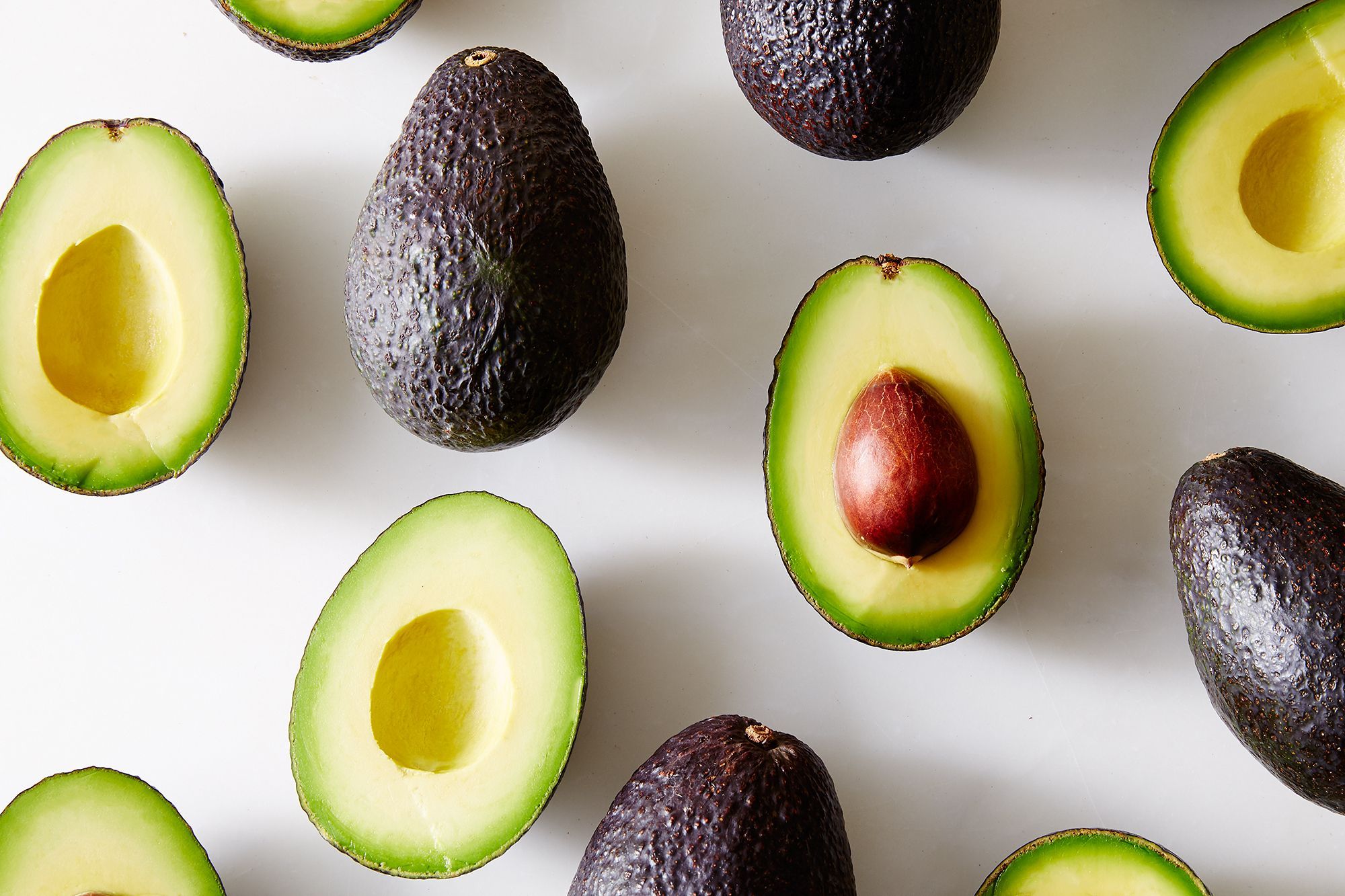
Are Avocados Useful for Weight Loss, or Fattening?
Avocados, with their creamy texture and rich flavor, have gained immense popularity in recent years as a versatile and nutritious food. However, their relatively high fat content has led to debate about whether they are beneficial for weight loss or if they contribute to weight gain. In this comprehensive guide, we’ll explore the nutritional profile of avocados, their potential impact on weight management, and how they can be incorporated into a balanced diet for optimal health.
Understanding the Nutritional Profile of Avocados:
Avocados are packed with essential nutrients and beneficial compounds that make them a valuable addition to any diet. Here’s a breakdown of the key nutrients found in avocados:
Healthy Fats
While avocados are relatively high in fat, the majority of this fat comes from monounsaturated fatty acids (MUFAs), particularly oleic acid. MUFAs are considered heart-healthy fats that can help reduce LDL cholesterol levels and lower the risk of heart disease.
Fiber
Avocados are an excellent source of dietary fiber, with one medium avocado containing approximately 13.5 grams of fiber. Fiber is essential for digestive health, promoting satiety, and regulating blood sugar levels, which can aid in weight management.
Vitamins and Minerals
Avocados are rich in vitamins and minerals, including potassium, vitamin K, vitamin E, vitamin C, vitamin B6, and folate. These nutrients play various roles in supporting overall health, immune function, and energy metabolism.
Antioxidants
Avocados contain antioxidants such as lutein, zeaxanthin, and tocopherols, which help protect cells from oxidative damage and reduce inflammation in the body.
The Role of Avocados in Weight Loss
Despite their relatively high calorie and fat content, avocados can be a useful addition to a weight loss diet for several reasons:
Satiety
The combination of healthy fats and fiber in avocados can help promote feelings of fullness and satiety, which may prevent overeating and snacking between meals. Including avocados in meals can help individuals feel more satisfied and less likely to consume excess calories.
Nutrient Density:
Avocados are nutrient-dense foods that provide a wide range of essential nutrients in a relatively small serving size. By incorporating avocados into meals, individuals can ensure they are getting essential vitamins, minerals, and antioxidants without consuming empty calories from processed foods.
Blood Sugar Regulation
The fiber and healthy fats in avocados can help regulate blood sugar levels and prevent spikes and crashes in energy levels. Stable blood sugar levels are essential for controlling appetite and cravings, which can support weight loss efforts.
Mindful Eating
Including avocados in meals can encourage mindful eating habits, as their creamy texture and rich flavor add satisfaction and enjoyment to dishes. By savoring each bite and paying attention to hunger cues, individuals can develop a healthier relationship with food and make more mindful choices overall.
Tips for Incorporating Avocados into a Weight Loss Diet
Portion Control
While avocados offer numerous health benefits, it’s essential to practice portion control, especially if weight loss is the goal. A serving size of avocado is typically considered one-third to one-half of a medium avocado, which provides approximately 80 to 120 calories.
Balance
Avocados can be incorporated into a balanced diet that includes a variety of nutrient-dense foods such as fruits, vegetables, lean proteins, whole grains, and healthy fats. Balancing avocado consumption with other food groups can help ensure overall nutritional adequacy.
Use as a Substitute
Avocados can be used as a healthy substitute for less nutritious ingredients in recipes. For example, mashed avocado can replace mayonnaise or butter on sandwiches and toast, or be used as a creamy base for sauces and dressings.
Enjoy in Moderation
While avocados offer numerous health benefits, it’s essential to enjoy them in moderation as part of a balanced diet. Including avocados in meals a few times per week can provide valuable nutrients and flavor without overdoing it on calories.
Conclusion
In conclusion, avocados can be a valuable addition to a weight loss diet when consumed as part of a balanced eating plan. Despite their relatively high calorie and fat content, avocados offer numerous health benefits, including promoting satiety, regulating blood sugar levels, and providing essential nutrients and antioxidants. By practicing portion control, balancing avocado consumption with other food groups, and enjoying them as part of a varied and nutritious diet, individuals can harness the potential benefits of avocados for weight loss and overall health. As always, it’s essential to listen to your body’s hunger and fullness cues, prioritize nutrient-dense foods, and make sustainable lifestyle changes for long-term success.
- Exploring Calm: My Personal Journey with JustCBD UK’s Full Spectrum Tincture CBD Oil - August 7, 2024
- Are Avocados Useful for Weight Loss, or Fattening? - March 19, 2024
- 6 Best Organic Meal Delivery Services of 2023 - March 19, 2024
